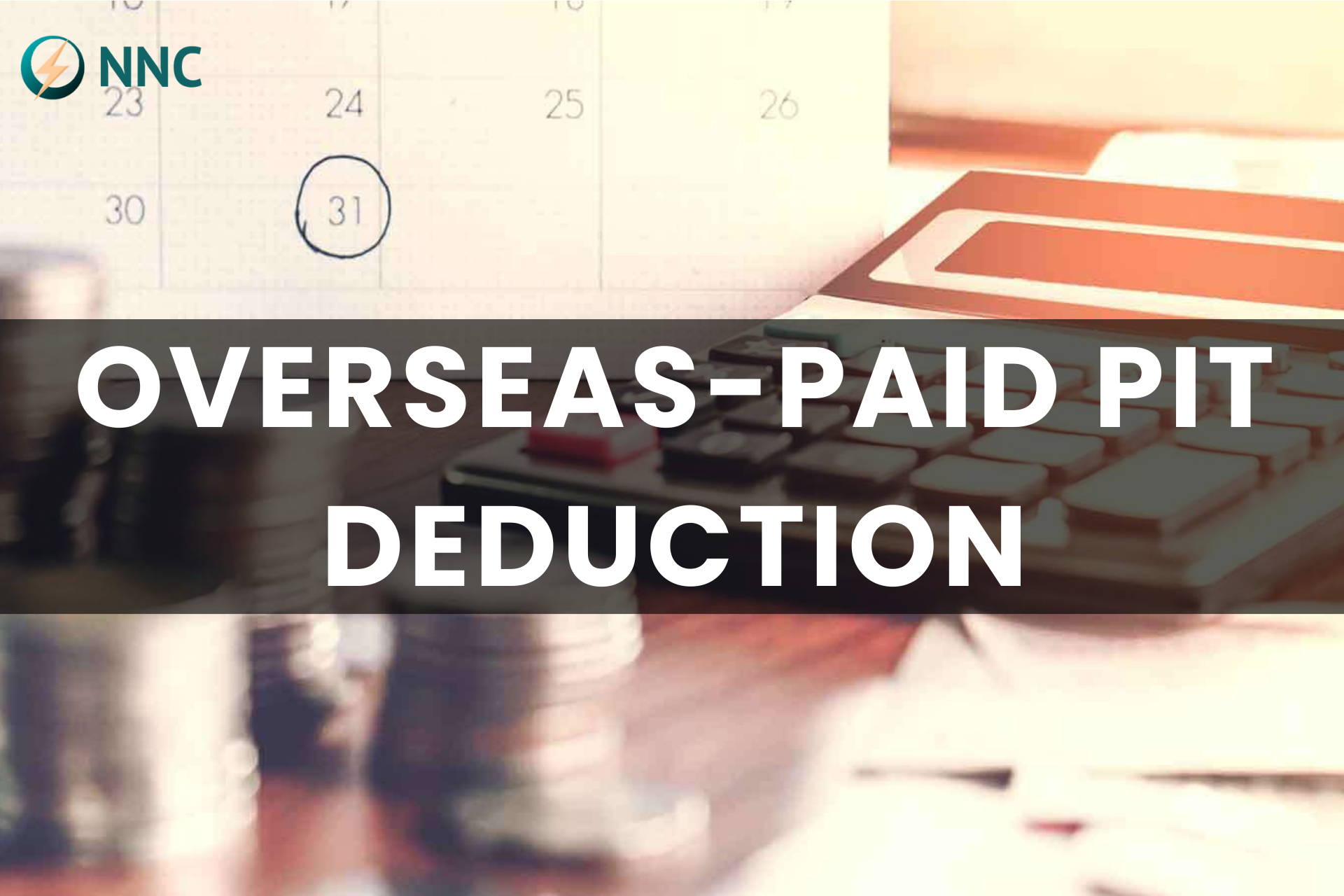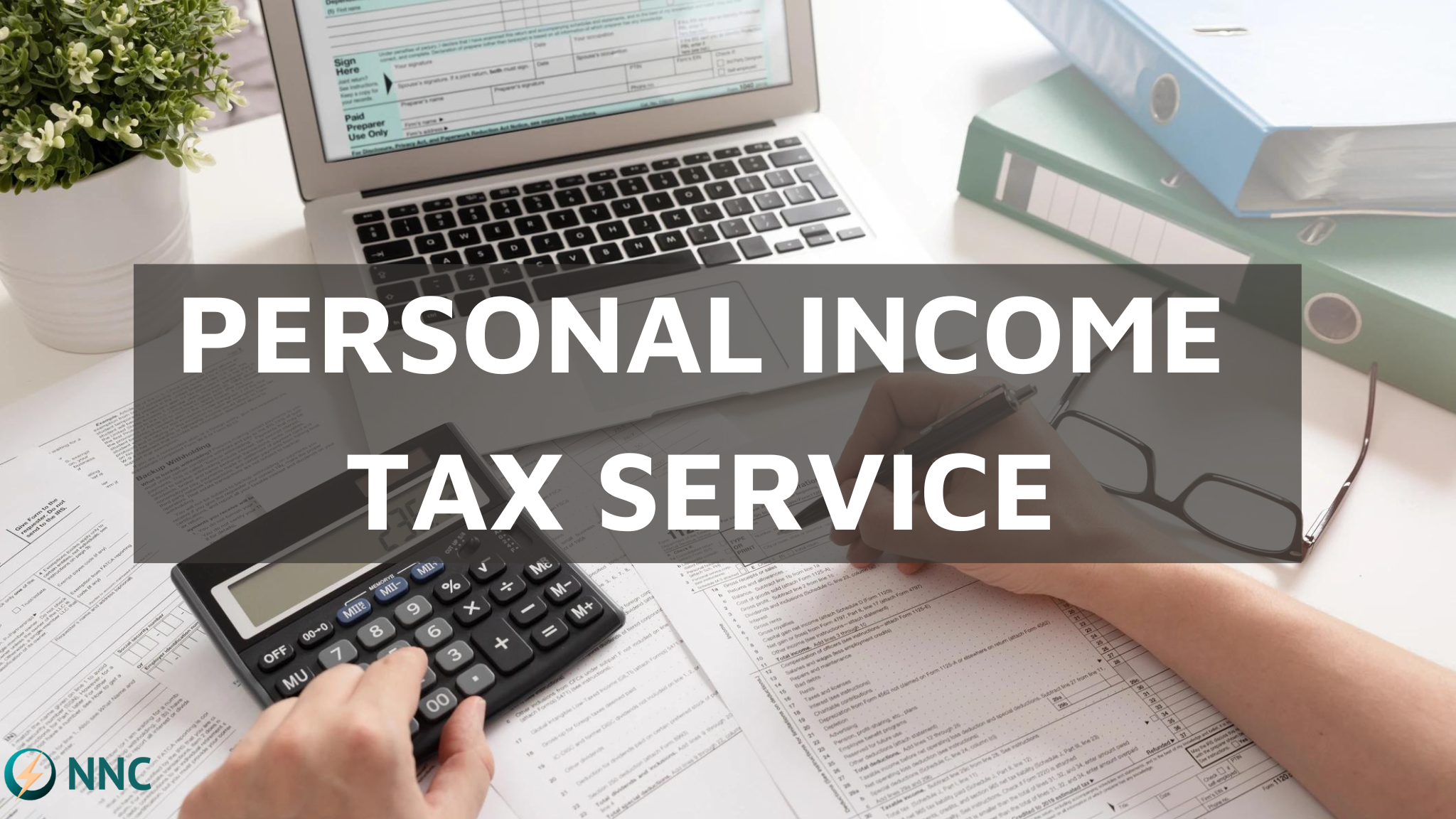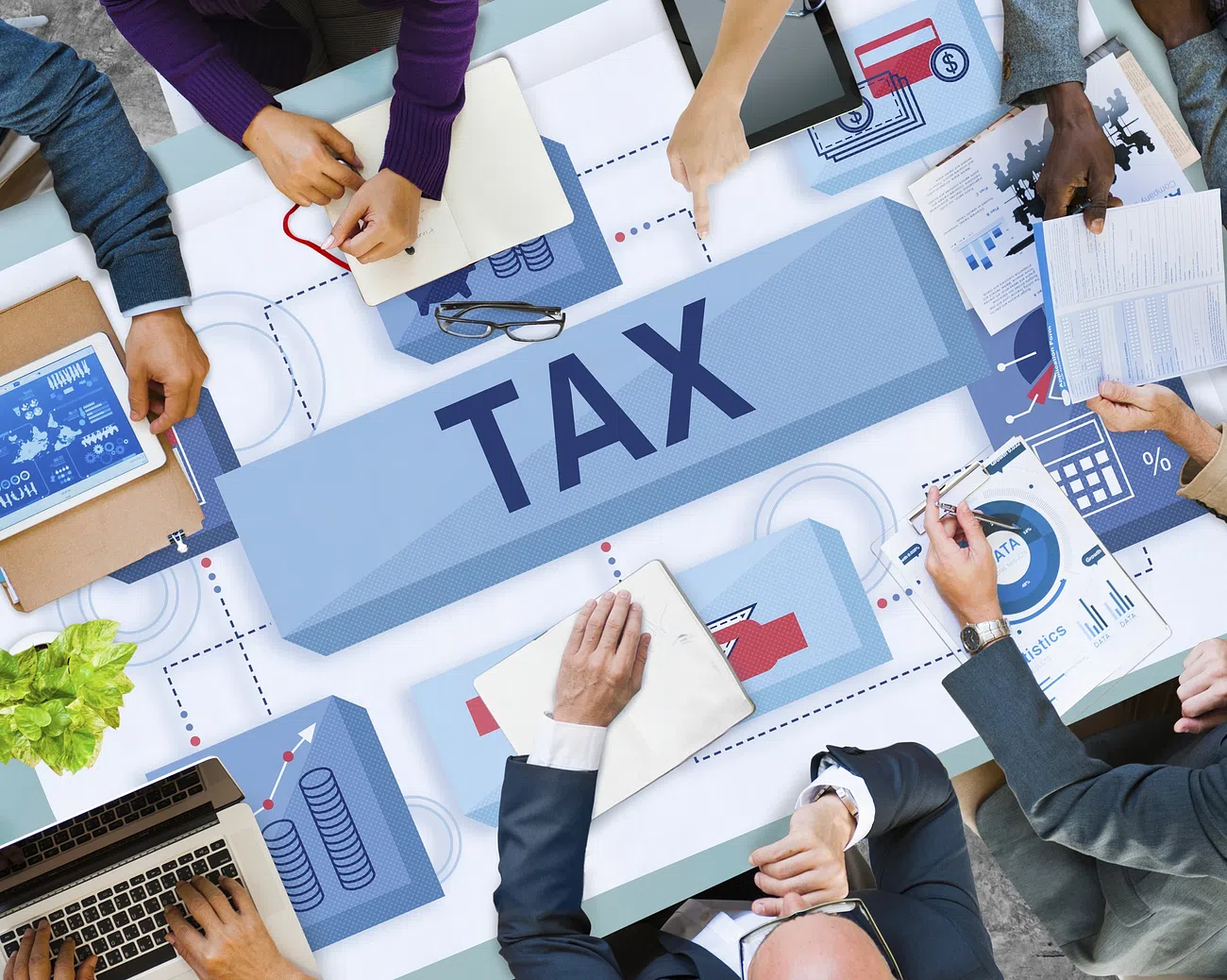There are 10 types of earnings that are subject to PIT, as follows:
- Income from business activities;
- Wages received from employers;
- Capital investment;
- Capital transfer;
- Property transfer;
- Prizes;
- Royalties;
- Commercial franchising;
- Inheritances in the forms of securities, capital contribution in companies or economic organizations, real estate, and other assets requiring the registration of ownership or use right; and
- Gifts in the forms of securities, capital contribution in companies or economic organizations, real estate, and other assets requiring the registration of ownership or use right.
Resident taxpayers are subject to PIT at progressive rates ranging from five percent to a maximum of 35 percent. Employment income includes salaries, wages, allowances and subsidies, remuneration in all forms, benefits earned for participation in business associations, boards of directors, control boards, management boards, and other organizations, premiums, and bonuses in any form except those received from the State.
Non-resident taxpayers are subject to PIT at a flat rate of 20 percent on their Vietnam-sourced income. Other incomes are subject to PIT with different rates for residents and non-residents.
How much tax foreigners pay in Vietnam depends on their tax status. Resident taxpayers are subject to PIT at progressive rates ranging from 5 percent to a maximum of 35 percent, while non-resident taxpayers are subject to personal income tax at a fixed rate of 20 percent on their Vietnam-sourced income.





